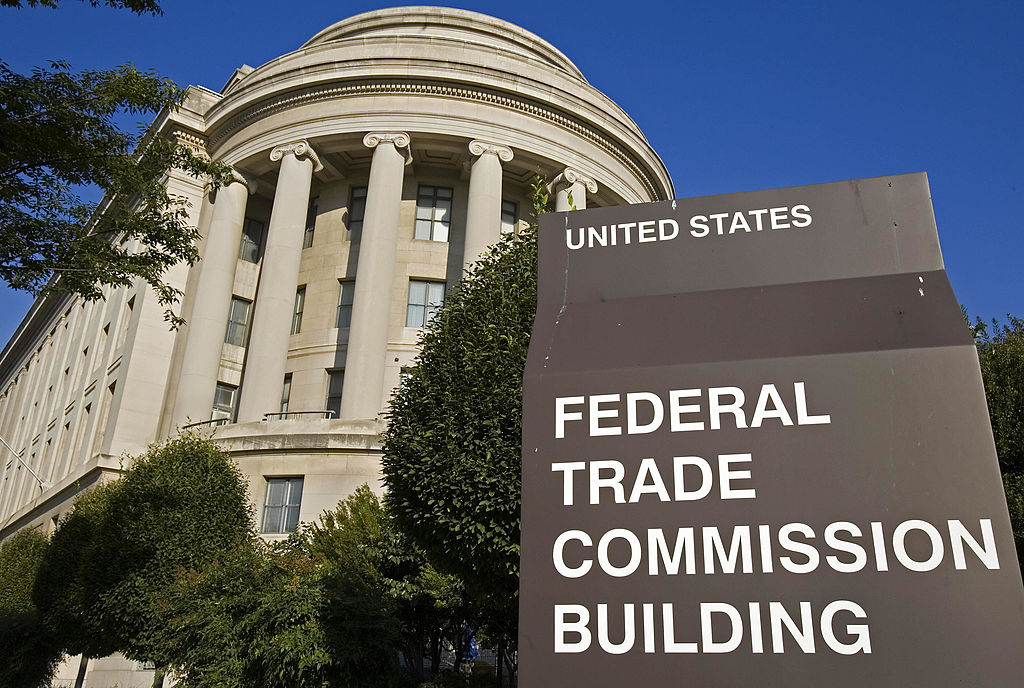Broadcom Settles FTC Chip Monopolization Complaint
Agrees not to condition access on exclusivity

The smarter way to stay on top of the multichannel video marketplace. Sign up below.
You are now subscribed
Your newsletter sign-up was successful
The Federal Trade Commission has struck a deal with broadband and TV semiconductor components supplier Broadcom.
The FTC had alleged Broadcom illegally monopolized the markets by conditioning access to its components on preventing customers from purchasing chips from its competitors.
Under the settlement, Broadcom agrees not to require customers to source their components exclusively or almost exclusively from Broadcom.
“Today’s complaint reflects the Commission’s commitment to enforcing the antitrust laws against monopolists, including in high-technology industries,” said FTC Bureau of Competition acting director Holly Vedova in a statement. “America has a monopoly problem. Today’s action is a step toward addressing that problem by pushing back against strong-arm tactics by a monopolist in important markets for key broadband components. There is much more work to be done and we need the tools and resources to do it. But I have full confidence in FTC staff’s commitment to this effort.”
The unanimous vote to issue the complaint and at the same time accept the settlement was 4-0-1, with new FTC chair Lina Kahn not participating in the vote.
Under the settlement, Broadcom can't enter into certain exclusive agreements for chips for broadcast set-top boxes, as well as DSL and fiber broadband internet devices, and prevents Broadcom from retaliating against customers who use its competitors.
The FTC pointed out that Broadcom dominates chips at the core of not only set-tops, DSL and broadband devices, but also a significant supplier of chips for streaming on set-tops, Wi-Fi chips and chips converting analog to digital signals.
The smarter way to stay on top of the multichannel video marketplace. Sign up below.
Broadcom's direct customers are equipment manufacturers that supply AT&T, Charter, Comcast, Dish, Verizon, and others.
Contributing editor John Eggerton has been an editor and/or writer on media regulation, legislation and policy for over four decades, including covering the FCC, FTC, Congress, the major media trade associations, and the federal courts. In addition to Multichannel News and Broadcasting + Cable, his work has appeared in Radio World, TV Technology, TV Fax, This Week in Consumer Electronics, Variety and the Encyclopedia Britannica.

